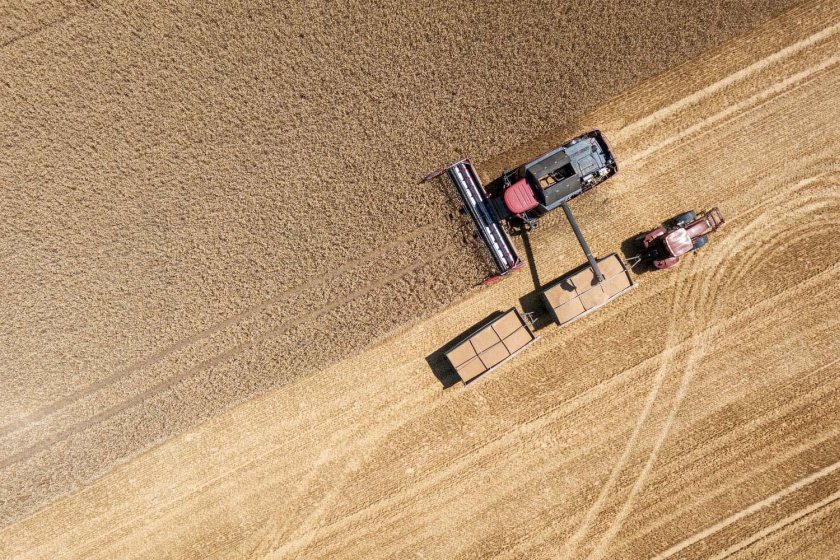
Over twenty farm projects have secured Defra funding worth £8 million, including advanced aeroponic systems and field-tested harvesting robots.
UK Research and Innovation (UKRI) has announced the winners of a combined £8 million in funding, as part of Defra’s Farming Innovation Programme.
The competition, which ran from October to December 2021, was created to back new and innovative solutions, aid research and collaboration, and encourage collaboration across the farming industry.
It sought applications of up to £500,000 to support the investigation of early-stage solutions that have the potential to support the industry's path to net zero.
Projects were required to demonstrate the benefits the concept would generate, as well as how collaboration between farmers, businesses and researchers could be enhanced as a result.
Over 20 projects were successful in their applications for a range of ideas across agriculture, pest and disease detection and novel technology concepts.
Successful technology-led projects included Lettus Grow’s advanced aeroponic systems and Muddy Machines’ field-tested harvesting robots.
Meanwhile, agri-technology firm Yagro aims to utilise drone surveys to provide greater commercial data and intelligence to farmers.
And Eyre Trailers, Earth Rover and Performance Projects all developed new concepts for harvesting, from combine harvester vehicles themselves, to broccoli and soft fruit.
Katrina Hayter, challenge director for the challenge, said: "The breadth of areas covered by the successful projects clearly demonstrate just how many issues there are to tackle when it comes to innovating the UK’s food sector.
"What these projects have shown is not simply a standalone solution, but a concept that forms part of a wider picture of improving the overall sustainability and productivity in farming.
"Once again collaboration has been key, with new technology combining with research and in-the-field expertise to help drive these concepts forward."
Who are some of the winners?
Over 20 projects were successful in their applications, for a range of ideas, including:
• Project High Speed Header (HSH): next generation combines, £394,693 (Eyre Trailers Ltd)
Project HSH develops a novel tractor mounted combine harvesting implement. This simple innovation significantly reduces harvester mass enabling a flexible tractor mounted system.
It is an ambitious and transformational idea with reduced financial cost and environmental impact. HSH is delivered by Eyre Trailers, agricultural engineers and HSH inventors, in collaboration with the Lincoln Institute of Agri Food Technology.
• Robotic Courgette Harvester, £251,647 (Muddy Machines Ltd)
This project is an important step on Muddy Machine’s (MM) journey to develop a completely novel class of agricultural machine that can reliably replace manual labour to address the needs of UK growers.
MM already has built and successfully field-tested an autonomous asparagus harvest robot whose platform can be used in this project.
• Grain lab on a robot, £366,074 (Crover Ltd)
The scope of this feasibility study is to develop a novel non-contact sensor for non-contact grain analysis, able to detect specific molecular compounds within a radius of up to a few tens of centimetres.
This is based on a novel miniaturised sensing technology, will be integrated onto the ever-improving CROVER robot, the world’s first ‘underground drone’.
This fluently ‘swims’ in grain bulks and is at the core of the CROVER autonomous Grain Storage Management system.
